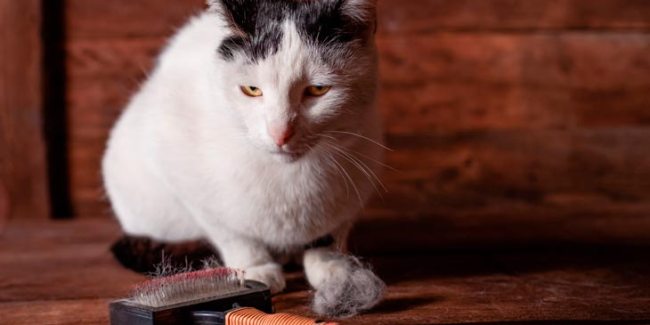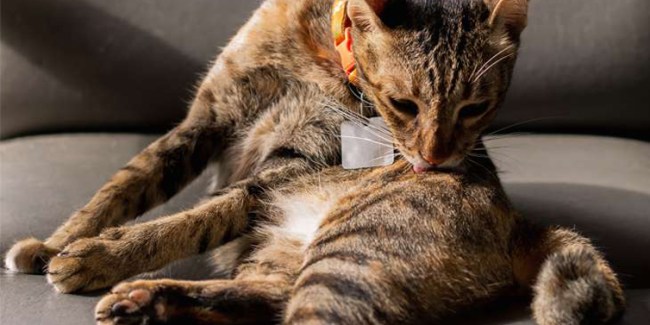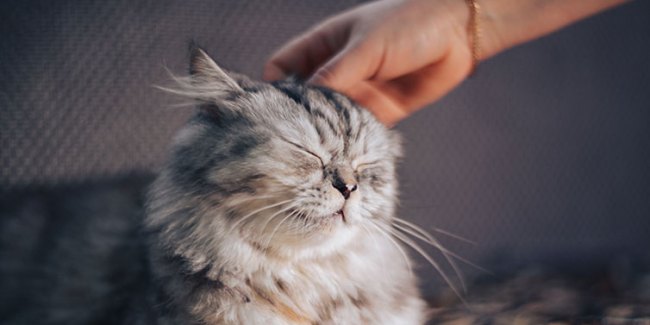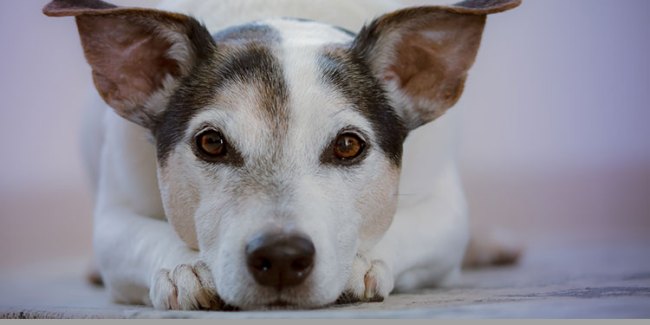Help! My Pet is Costing a Fortune!
Sarah had always wanted a dog, and not just any dog. She’d always had her heart set on a tiny Yorkie. She found a reputable breeder and chose her little bundle of fluff. Is there anything on earth cuter than a Yorkie pup? Sarah certainly didn’t think so. She named her Lucy and set about buying her all the best bits-and-pieces from a pet shop. Lucy had a fancy bed, every toy imaginable, ‘designer’ bowls, branded jackets and an imported carrier. She fed Lucy on the most expensive food available and rushed her off to the vet for every sniffle and every poop that didn’t look perfect.

When Lucy was 6 months old, Sarah took her to be spayed; the blood tests taken prior to the surgery revealed that Lucy had a liver problem which was later diagnosed as a liver shunt. This means that the liver doesn’t quite do a proper job of filtering the blood. However, as the vet explained, it could be managed with her diet and medication. Unfortunately, that was the beginning of other health problems, often associated with tiny dogs. She had to have several teeth extracted and she lost the sight in one eye. The other eye had the start of a cataract, requiring eye drops.
Sarah is, you will be glad to hear, doing a great job of caring for Lucy, but ongoing visits to the vet, medications and food, are eating into Sarah’s modest salary. She loves Lucy dearly but, being a single pup-mom, she is struggling financially.
We can all see where she went wrong when she kitted Lucy out with all that expensive gear, but she has no choice now but to pay for visits to the vet and necessary medication. Many of us can probably relate to aspects of Sarah’s story and maybe some of you have been in a similar position. Most pet parents could never live without their furry friends but, as we all know, costs of everything are rising, often rapidly, so how on earth can we manage? Do not despair and resort to sharing a tin of beans with your pooch or kitty. Fortunately, we have done some research and we have some tips for you regarding reducing the cost of having a pet.
The Cost of Having a Pet
Let’s look a bit closer at the approximate cost of having a puppy or a kitten for the first year, not including the actual cost of the pet:
First two vaccinations : around R1,400
Deworming: approx R100
Neutering: R1,700+
Tick and flea treatment: R1,500
Microchipping: R400
Vet consultations: R1,200
Food (a relatively inexpensive one): R4,400
Bed and/or kennel: around R1,200
Total cost for the year: R12,000
This does not include pet insurance, which we’ll discuss later. These costs should, of course, be taken into account before you decide on a new pup or kitty. For many of us, approximately R1,000 per month represents quite a lot of money. You need to consider these basic costs and whether or not you can afford them before adopting a new pet.
So, how can you cut down on pet expenses?
Shop Around
Little Lucy, like any other dog with a bit of sense, couldn’t care less what her bed and toys cost. That’s, of course, obvious. Shop around before committing to an expensive purchase on items like bedding, collars and toys. You’ll be surprised how prices can differ from store to store.
Just a quick word on toys here: don’t be tempted to economise to the point where you’re buying cheap children’s toys for your pooch or kitty. Often, pieces of these toys break off and can be swallowed, with the risk of choking. Cats, in particular, will play with anything, like a scrunched-up piece of paper or an empty cardboard box. And incidentally, cats are purrfectly happy with an old pillow for a bed; it is not necessary to buy one.
Make Your Own
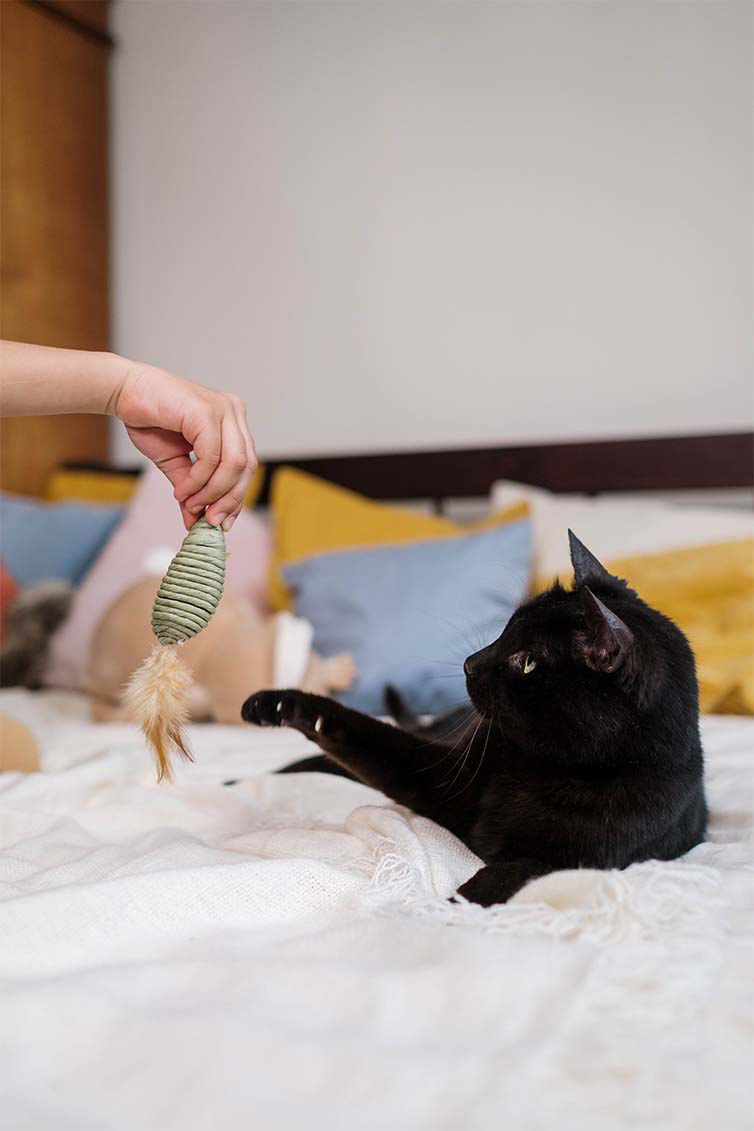
Check out videos online for ways to make your own beds, toys and clothing. You will find instructions for making a dog bed out of an old sweater, cats scratching/climbing posts and dogs’ jerseys. These are not difficult to make and you will save a ton of money.
Check out this awesome DIY kitty tent link: https://www.weare-family.com/en-ZA/petpark/diy-cat-tent-tutorial/
Practice Preventative Care
Treating your pet against parasites, such as worms, fleas and ticks, can save you money in the long run, as parasites can cause different illnesses which may be expensive to treat.
Luckily, Bravecto® Tick and Flea treatments are effective in preventing these parasites for 12 weeks or more, (depending on which product you choose) so you don’t have to remember to dose your pets every month.
Have regular checks done by your vet: this is basic health maintenance that can reduce costs in the long run. These checks can often pick up health problems before they exhibit symptoms so the illness may be ‘nipped in the bud’ before it gets serious. Take your pet to the vet as soon as you notice symptoms developing. This early intervention may stop the illness from progressing which may be more expensive to treat.
Keep vaccinations up-to-date. If your pet contracts an illness which could have been prevented with a vaccination, you could end up paying more for treatment than the cost of the jabs. Also, some pet insurance companies may not pay for treatments for diseases which could have been prevented by a vaccination.
Get Pet Insurance
An insurance plan will help to offset the costs of preventative care along with accidents and illnesses. It’s best to enrol your pet in a policy when they’re young – in fact when you first get your pet. Waiting until later in your doggie’s or kitty’s life after it may have developed a pre-existing condition, may mean that the insurance company will not cover your pet. Look at several policies before choosing one that suits your needs. Make sure you read the small print as the cheapest policy may not offer the best deal. For example, some policies only cover an illness for 12 months or limit the amount they will pay.
Avoid Obesity (Not you; your pet!)
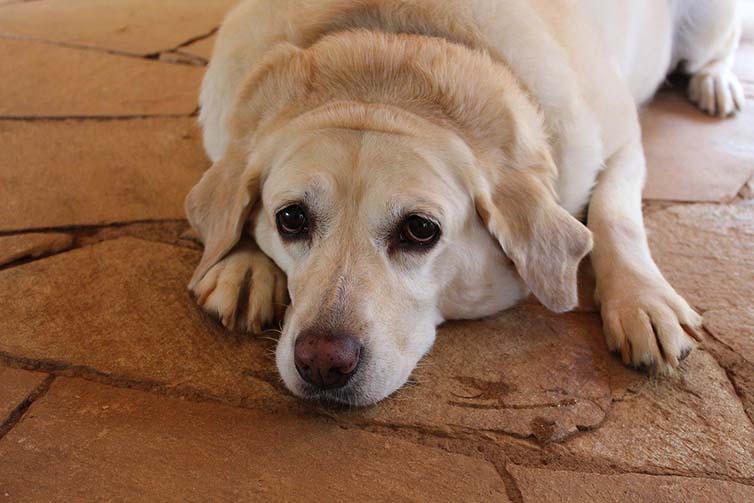
Overweight pets are more susceptible to certain illnesses, like heart disease, arthritis and diabetes, which may be expensive to treat, apart from shortening your pet’s life. These obesity-related diseases are preventable. Most brands of dog food have a ‘light’ alternative and some brands have specific types which target the animal’s metabolism to reduce weight. Avoid giving your animal human food, which may be high in calories. Your vet will tell you how much food your pet should be having per day. Also, exercise will help to prevent obesity and other illnesses. Your dog needs a walk at least once a day to remain healthy.
Think Carefully About Doggy Day-Care
You may feel that it is essential to take your dog to day-care to be socialised, walked and entertained. If your pet is alone at home for long hours every day, this may be your only option, but creating a walking group with neighbours may be an alternative. Shop around for a reasonably-priced day-care centre and check out the facilities carefully. Some establishments may keep the dogs in cages all day, which is hardly what you are paying for.
Consider Grooming at Home
Professional grooming can be expensive, especially if you have a breed which needs regular trims, like Yorkies and Maltese. We suggest starting basic grooming – clipping nails and cleaning ears, for example – while your pet is young, so that he/she can get used to this. You can watch videos online which will help you to learn more advanced grooming. Using the right tools is important. Ensure that you brush your pet regularly to avoid those nasty little ‘mats’ which, if allowed to develop, may entail professional grooming.
Start a Pet Walking or Pet Sitting Group
It can be very expensive to pay for boarding or pet walking while you are away. Boarding kennels can also be traumatic for some pets. There may be people in your area who have the same problem, so it may be a good idea to help each other out by creating a pet sitting or pet walking group. Your pet will be much happier to be in either your home or the home of a neighbour and you will save a considerable amount of money. You could also take it in turns to walk each other’s dogs.
Buy Food in Bulk
We do not advocate buying a cheaper dog food, if at all possible. This may save you money initially, but generally-speaking, a ‘better’ dog food may reduce the chances of illness or allergies later, which can result in costly vet consultations and medications. However, you will probably find that buying a larger bag of dog pellets works out cheaper than buying several smaller bags. As long as you have the space to store it properly – in an airtight container – this may save you money in the long run. Also look out for special offers.
Spay/Neuter
Your pet will be healthier, as spaying/neutering can help to prevent certain cancers and other diseases. You will also not end up with more mouths to feed and look after or to find homes for. If you get your animal from the SPCA, you will pay upfront for this but at a reduced rate.
Train to Avoid Destruction
Puppies can wreck your belongings, furniture and carpets if they are given free reign in your house. Some vets recommend crate training to house-train them reasonably quickly and effectively and to prevent destruction of your worldly-goods. You can train them yourself or you can take them to socialisation classes, or you can hire a trainer, which is the most expensive option. However, all of these options will save you money in the long run.
Take Care of Your Pets’ Teeth

A simple process like cleaning your pooch’s teeth will help to prevent future dental problems, as it removes plaque, which may cause cavities. Buy toothpaste and a special brush from your vet. Don’t use human toothpaste as fluoride may upset your doggie’s stomach.
And finally …
Remember the old Afrikaans saying: ‘Goedkoop is duur koop’. We want to help you to save some money but we certainly don’t advocate necessarily going for the cheapest, especially with regard to medical care and food. However, if you shop around for certain items, you may often find that you can save a few rands, all of which add-up.
ZA-NON-211200003
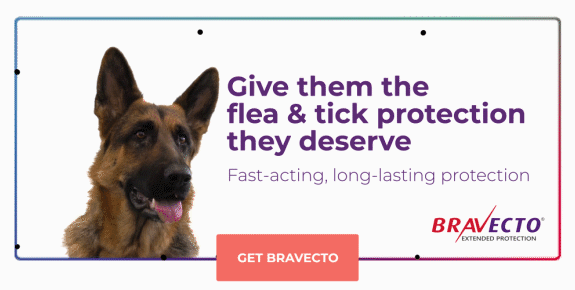
Subscribe to our Newsletter
Get to know your furry friend better! Sign up for all things dog- or cat-related.
The Hairy Facts about the dreaded hairball
12 April 2021
Help! My dog’s barking mad! Volume 2
12 April 2021
Your Itchy, Scratchy Cat – All About Cat Skin Problems
12 April 2021
The Dog’s Diet: A Bone of contention?
01 April 2021
Mango Fly Worms: How to Spot and Eliminate them
Posted on November 28,2019
Managing Mange And Mites In Your Dog
Posted on June 11,2018
Why Do Cats Purr and How? Learn What Your Cat Is Saying
Posted on October 14,2020
How to Get Rid of Ear Mites in Dogs
Posted on November 06,2019


